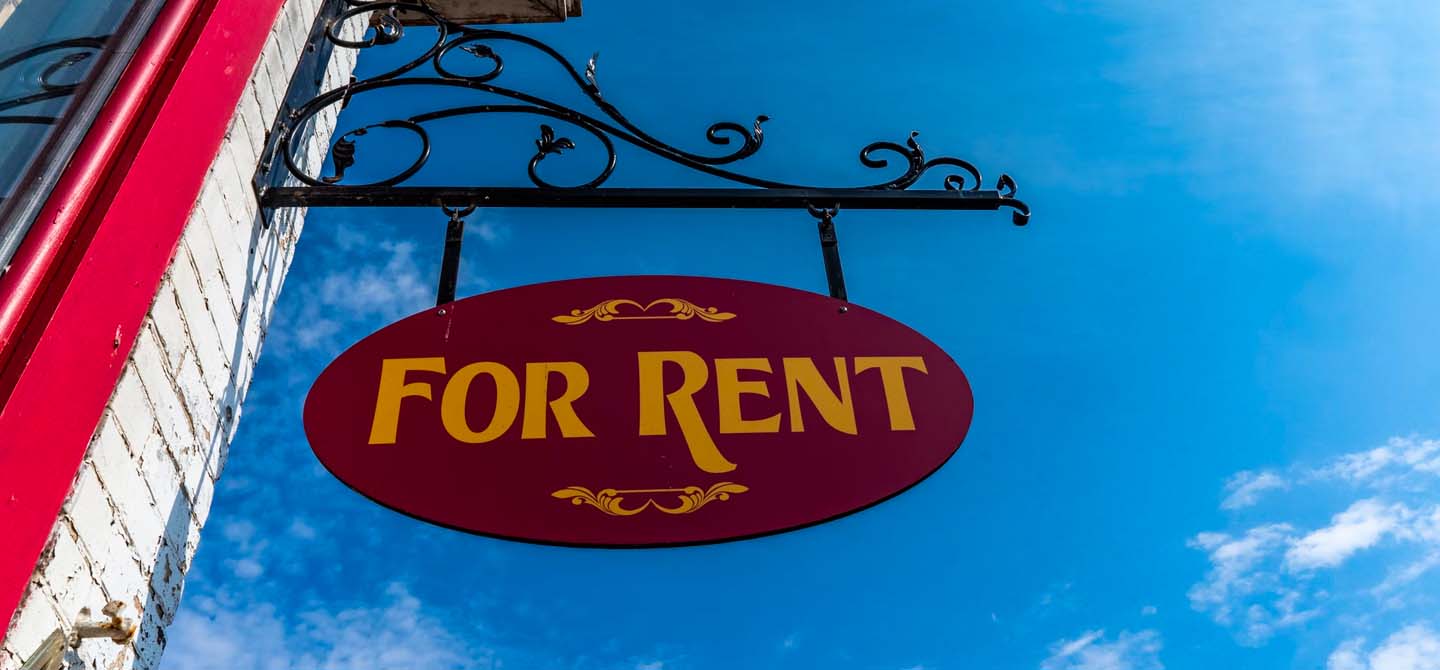Menu
As the commercial impacts of COVID-19 continue to be felt across most industries including the property market, knowing how to negotiate commercial leases will remain relevant for tenants and landlords into the future. Key to that is negotiating on rent.
Some key points:
Communicate
Commercial landlords and tenants shouldn’t be fearful of communicating their concerns, and doing so may well be more likely to result in a resolution that’s acceptable to both sides. For tenants simply stopping to pay rent may not be the best approach: get in touch with your landlord and be transparent about your financial pressures.
Approaching any negotiations with the perspective of finding a way to work together will hopefully lead to a better outcome for both parties. The goal is for both parties to be happy with the final arrangement.
You probably still have to pay rent
In normal circumstances failure to pay rent is a breach of the lease allowing the landlord to terminate the lease. The government’s announcement recently on a moratorium on evictions extends to commercial properties, meaning this would be prevented during COVID-19. Further clarity is needed as to the status of frozen leases.
Before going on rent strike or asking your landlord to forgo rent, consider that landlords still have fixed costs hey need to make – council rates, insurance, water rates, electricity etc. While it is unlikely that rent will be scrapped altogether other options may be available:
- Reduced rent (paying a lowered percentage)
- Deferred rent (until business returns to normal)
Tenants should take advantage of COVID-19 assistance
Before negotiating on your rent, tenants should access government assistance, especially as many of these programs are available to tenants and not to landlords. Tenants may be able to received cashflow boosts of $20,000 to $100,000, increases to the instant asset write-off, payroll subsidies via JobKeeper. All these may reduce the rent reduction needed.
Remain Viable
Tenants may need to find ways to identify additional revenue streams, or change their business model so that they can remain afloat. Showing your landlord that you have made such attempts may help you leverage opportunities to negotiate changes to your lease.
Maintain Tenancy
It is in everyone’s interest for the tenant to retain tenancy: if the tenant can remain in place it is a sign the business is surviving. While for the the landlord at least a portion of rental income is preferred to a vacancy.







